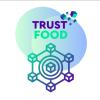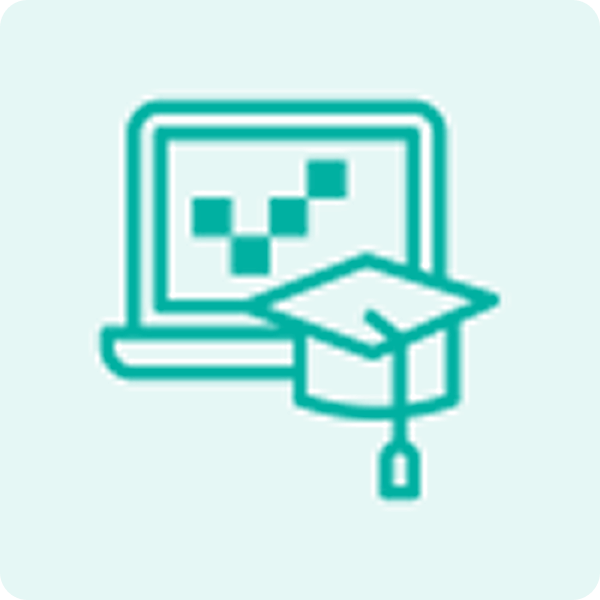Blockchain Platforms for the Food-Supply Chain (TRUST-FOOD)
The course “Blockchain Platforms” aims to provide an understanding on different blockchain platforms and their specific applications, particularly in the context of the food supply chain. The course begins with an introduction to the fundamental types and purposes of these platforms. It then moves on to cover major platforms like Ethereum, Hyperledger Fabric, IBM Food Trust, VeChain, Tezos, NEAR, Polkadot, and Solana.
This course is suitable for professionals working in the agriculture and food industry, blockchain developers and technologists that wish to upskill further, supply chain managers, academics and researchers and also students in associated fields.
Why this course?
Each lesson will focus on the unique aspects of these platforms, including smart contracts, decentralised applications, private and permissioned blockchains, scalability, and developer-friendly interfaces. This course is designed to equip learners with the knowledge to critically assess and choose the most appropriate blockchain platform for various applications in the food supply chain.
Learning outcomes
By the end of this course, participants will gain insights into various types of blockchain platforms, each with its unique strengths, limitations, and use cases. They will also have a chance to examine real-world case studies to understand how these platforms are applied in the food supply chain, evaluating factors such as security scalability, consensus mechanisms, and smart contract functionality.
Further info
Dive into the course “Blockchain Platforms”and explore a range of use cases and aspects of the technology.
The course is structured in 42 lectures, accompanied by 10 quizzes. It is conducted in English and takes around 9 hours of study time. Upon successful completion, participants also receive a certificate.



